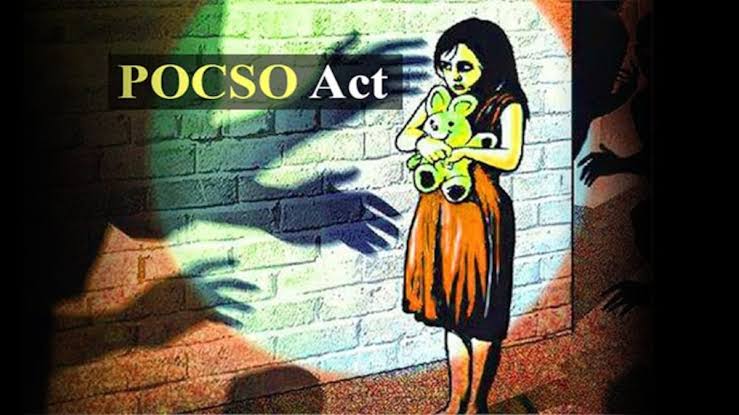Women and children are one of the most vulnerable sections of society among our huge population, and they deserve special attention, and the crimes against them need to be treated on a priority basis and with the utmost sensitivity. Keeping given these facts, the Protection of Children from Sexual Offences Act, 2012, better known as the POCSO Act, was passed to protect children from various types of offences like sexual harassment and pornography, and Special Courts have been established for the speedy trial of such offences and matters connected to them. But, as we’ve seen before, there’s a big difference between what’s said and what happens; despite Special Courts, nearly two lakh cases are pending under the POCSO Act, and the backlog is growing year after year. Our own Jammu and Kashmir is no different in this matter. UT of Jammu and Kashmir is facing the same situation as the rest of India, with the pendency of cases thereby increasing to almost unmanageable proportions. The disposition of only 72 cases in 2022 and the registration of 278 more cases in the same year show the wide gap between FIR registrations, investigations, and final judgments. When there are clear sections under the POCSO Act defining thirty days for the recording of status as per Section 35 and Rule 9 for the provision of interim compensation, yet the number of cases settled is very low, the matter is really serious because of the minor girl’s future. The acting Chief Justice of Jammu and Kashmir and Ladakh High Court has rightly understood the gravity of the situation and taking cognizance, he has passed on the necessary instructions. The timely completion of investigations and the filing of a charge sheet are the most important parts of any criminal justice system, and usually, this is the grey area with which every state is grappling. No one is held accountable, and the administration must look into this matter seriously and pass on the necessary orders if necessary. No record in this regard has been shared in the public domain, but mere registration of FIRs can never deliver justice. When two UTs have almost nine hundred pending cases of Juvenile Justice, it is a serious matter that should be taken care of on a priority basis.
More serious is the data about Jammu district, which tops the list of FIRs and pending cases under the POCSO Act with 168 cases. Is the malice of drugs in any way responsible for such a high number of cases as compared to other districts? Authorities must look into this aspect on priority: what’s wrong with our society? Are we not able to adhere to our high moral standards? All these are tough questions, but someone has to answer them. Given that underage children are the victims, dragging on cases for years is just too much to ask from the already traumatized minds of the victims. Set up separate police stations if necessary to expedite investigations and deliver justice on time. Judges can only pass on the orders to impel timely investigation, but on the ground, work has to be done by the Jammu and Kashmir Police. We have one of the best police forces, and channelling trained manpower with a psychological bent is not a difficult task. The Chief Justice has shown the way, and so can the Jammu and Kashmir Police, to establish a separate unit of the police to expedite the investigations for the pending cases. Someone has to take the initiative for this onerous task, as children cannot be left on their own to suffer indefinitely. On the judiciary part, if the number of present courts is not enough to handle the cases, more courts have to be established. A final call has to be made by the UT administration of Jammu and Kashmir, as Ladakh has negligible pending cases. The sooner we do it, the fewer victims will suffer.
Trending Now
E-Paper


